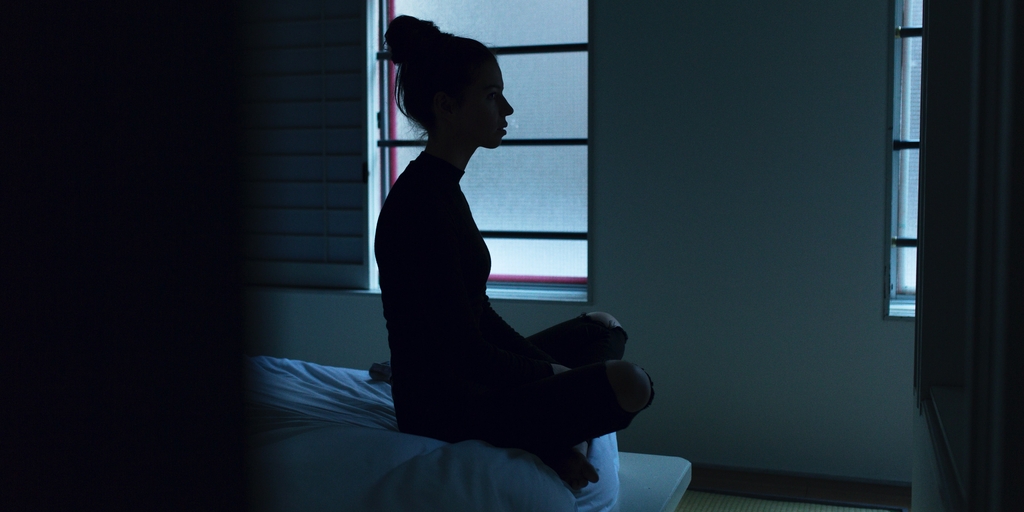Northern Ireland’s ‘pioneering’ anti-slavery legislation praised
Human Trafficking
The Human Trafficking and Exploitation Act in Northern Ireland was praised by MPs during a debate in the House of Commons on Monday night.
The law passed in 2015 and in many ways goes further than the Modern Slavery Act which applies in England and Wales.
Lord Morrow played a leading role and at CARE, we were immensely privileged to advise him during the process.
The law introduced new offences of human trafficking, better support for victims, introduced independent child trafficking advocates and also criminalised the purchase of sex.
In 2016, the Statute Law Review journal said it was a “impressive instrument”.
On Monday, 30 September, MPs debated a recent report from the Northern Ireland Office into the support of victims of human trafficking in NI.
Gavin Robinson, DUP MP criticised the report for the ‘paucity’ of the information it contained. He certainly had a point. A number of MPs made similar points.
But there was also acknowledgement that the legislation itself is pioneering.
Fiona Bruce MP commended Lord Morrow on his leading role in initiating the legislation:
“In 2015, the Northern Ireland Assembly became the first legislature in the United Kingdom to pass comprehensive human trafficking legislation. I commend Lord Morrow on his leading role in initiating that legislation and the Assembly on fully supporting its wide-ranging provisions. In some areas, it goes further than the human trafficking legislation in England and Wales, the Modern Slavery Act 2015, in providing statutory assistance and support for victims during the process of confirming victims, which is known as the national referral mechanism. There is also a fully implemented scheme of independent guardians for trafficked children. An article published in the journal Statute Law Review in 2016 described that Northern Ireland Act as “an impressive instrument”.”
The parts of the law which support victims also drew praise from Bruce:
"In 2013-14, Members of the Northern Ireland Assembly envisaged that there could be circumstances in which it is not in the best interests of the victim for support to be stopped if they receive a positive conclusive-grounds decision. The Assembly was ahead of its time in recognising the need for victims to receive support beyond that point. The report that we are considering shows that, for the past three financial years, 17 victims received that additional support. That is welcome, although sadly the numbers are low. Will the Minister give us some more information on how long the victims were supported and say why information is scant? Will he confirm that those 17 did indeed receive that extended support after they had had a positive conclusive-grounds decision?
Northern Ireland introduced that pioneering legislation, and there has been much debate and dialogue about what assistance should be provided, and for how long."
Bruce also had words of commendation for the law in NI because it introduced a new offence for buying sexual services:
“I further commend Northern Ireland’s legislation as the only legislation in the United Kingdom with substantial provisions to tackle the demand for sexual exploitation—an international treaty obligation—and to provide support for those who want to exit prostitution. Although many women in prostitution are not trafficked, we know from the NRM data that the majority of female victims are trafficked into sexual exploitation. Rachel Moran, a survivor of prostitution, commented that ‘prostitution is the context in which sex trafficking takes place’”.
She also warned that if Britain did not follow suit, it would end up behind the curve:
“Since the Human Trafficking and Exploitation (Criminal Justice and Support for Victims) Act (Northern Ireland) 2015, France, the Republic of Ireland and Israel have introduced similar legislation. Our country will be behind the curve if we do not address this.”
Emma Little-Pengelly, DUP MP also praised the work of Lord Morrow, the pioneer of the legislation:
“First, let me offer huge congratulations to Lord Morrow and the team. In previous contributions, I have indicated my dismay and sorrow about the situation in Northern Ireland, which has experienced 1,000 days without a devolved Assembly, but when we reflect on this Act, we realise that we have something to celebrate in relation to our Northern Ireland Executive. The Executive and the Assembly have often been criticised, perhaps with some cause, but the Act is an excellent example of Northern Ireland’s leading the way. It took a lot of inspiration and hard work by those behind the scenes, who lobbied and received a warm and receptive response from Lord Morrow. That team helped him to produce a private Member’s Bill that was an innovative piece of legislation which has led the way not just in the United Kingdom, but globally.”
Jim Shannon, DUP MP meanwhile called on the Minister to praise the Police in Northern Ireland for recent, successful operations which saw arrests and convictions under the law:
“Will the Minister congratulate the PSNI on what it did today and over the weekend when it caught some of those involved in human trafficking and its after-effects? Does it perhaps show that the PSNI needs this legislative back-up to pursue criminals who do not care about people as individuals but look upon the people they traffic not as people but as commodities? The PSNI can do its job, but the Minister and the Government need to do theirs alongside it.”





Share story
Northern Ireland’s ‘pioneering’ anti-slavery legislation praised